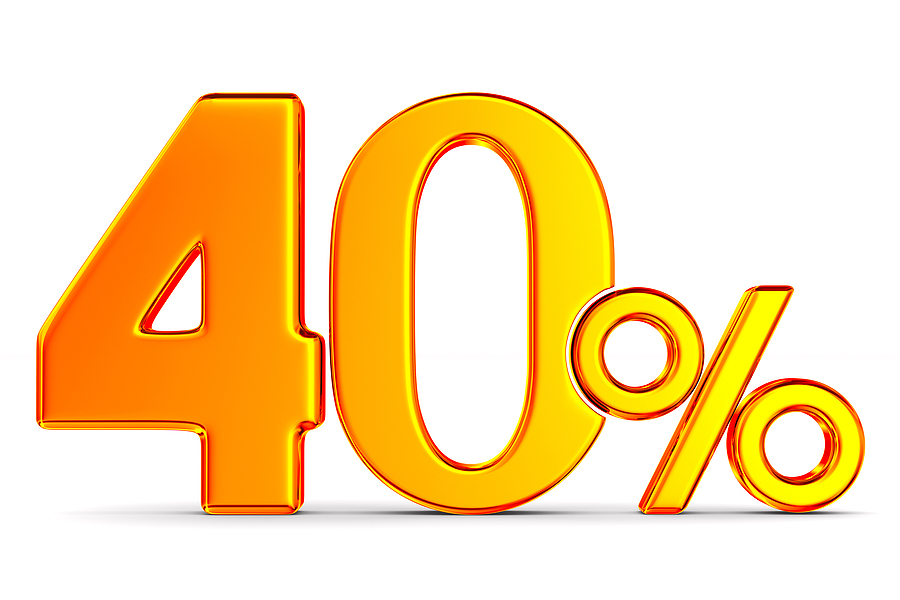A literary agent is not an editor–or a publicist. That may seem obvious to some, since the words are all spelled quite differently. But I occasionally get a submission from an aspiring writer who wants me to act as one or the other. I have been an editor (of both magazines and books), but an agent has a different role from those people. So I thought I’d try to clarify the various kinds of editors and others you’re likely to encounter in the book-publishing process. (Some of these things have parallels in the newspaper and magazine business, but I’ll stick to books for the sake of, well, making my job easier.) Note these are general categories; and the titles or labels for the jobs can be different, depending on the publisher.
Acquisitions editor
This person’s role, like all the others I’m about to mention, differs from one publishing house to another; but, generally speaking, an acquisitions editor searches for and acquires new writers and new books for publication. Part of his or her role is also presenting those promising writers, proposals, and manuscripts to other decision-makers (such as an editorial board comprised of editors (go figure) and/or a publication board made up of editors as well as sales-and-marketing people).
Line editor (sometimes called a developmental editor)
A line editor reviews a manuscript with an eye on the big picture. For example: Is the writing style appropriate for the publishing house and the target audience? Do the ideas flow in a logical, orderly progression? In the case of fiction, are the characters believable, is the story line realistic, are the subplots crucial, does the dialogue ring true, does the pacing work? The line editor may recommend a substantive rewrite that involves deleting, rearranging, or adding whole sections to the manuscript.
Copy editor
If the line editor takes a big-picture approach, the copy editor may be said to take a fine-tooth-comb approach (if you’ll allow me to mix metaphors …and if you won’t, well, it’s too late now, isn’t it?). This person makes decisions on grammar, spelling, capitalization, punctuation, citations, footnotes, and more, along the way making sure that those decisions conform to “house style” (the thousands of little decisions that are consistent in books by that publisher, such as whether or not to capitalize pronouns referring to deity, etc.).
Proofreader
A proofreader (whether on staff or freelance) reads the galleys and identifies any mistakes, inconsistencies, and other problems that have either been missed in previous stages or have arisen in the editorial and design process.
Freelance book editor or book doctor
Publishers also sometimes engage freelance editors who fill many of the roles above, whether because of budget cuts, crunch times, or special needs. They’ll also sometimes engage a freelancer as a book doctor, which usually involves substantive and developmental tasks to fix a book that, perhaps, needs more fixing than staff editors can give it. And, freelance editors are often hired by writers to make sure that the manuscript they submit to an agent or editor is even better than the writer alone could’ve made it. (Even then, of course, the manuscript, when accepted for publication, is still put through each of the editorial steps above.)
Let me mention again that these roles differ from one publishing house to another and often overlap or are divided among different people according to sophisticated measures, such as tea-leaf readings and the alignment of planets. I’d say more, but you wouldn’t understand. I sure don’t.



 A Growing Readership
A Growing Readership

I find the editor terms so confusing. To me, I do indeed interpret a developmental editor as one who reviews the manuscript with an eye on the big picture, as this article describes.
Yet line editor to me sounds like something totally different–a person who is literally line by line reviewing the manuscript–and then it becomes unclear how that’s different from a proofer other than proof-reading coming at the end of the process & perhaps being more technical nuts & bolts than line editing.
A proofreader won’t be telling you, “Use this verb because it’s stronger and more accurate.” Or, “Adjust this for parallelism.” Or, “This line of dialogue is out of character and doesn’t make sense.” Line editors help with those types of things as well as paragraph structure, putting one line in a different spot to make it stronger, etc. But they don’t focus as much on story arc, character arc, etc., as a developmental editor does. And proofreaders just focus on the mechanical. Grammar, punctuation, spelling, etc.
Hope that helps! These terms ARE a bit squishy. One line-editors edit will look pretty different from another’s, but these are generalities that I think hold pretty true across the board.
Thanks for the further clarity. I think there’s some wisdom here for a writer’s internal editing process as well. Instead of trying to address everything with every read-through, probably good to play line or developmental editor one day and proofreader the next.
Yeah. It’s way more efficient that way, and you get a better result in much less time. Developmental edit is first. Then line edit. Then proof. Admittedly, though, every time I polish a book before sending it to my editor, I can’t seem to keep myself from doing a partial line-edit while sub editing.
Hi, Bob-
Thanks for the hither and yon adventure into Editorlandia.
If I may mix plays and songs here: The untamed Shrew and Ophelia strangely find themselves in a Midsummer Night’s Dream where the Grand Old Duke of York incessantly shouts, “Up that hill! Down that hill!”
Does that sound about right? 🙂
All around are editors
on whom I lay my eyes;
some are scary predators,
and some are OK guys.
Some will shred my masterwork,
some will plead my cause;
some are smug and sneering jerks
while some deserve applause
for the gentle shepherd’s heart
they bring unto the task;
they’re vital to the writing art,
but they do not ask
for acknowlegement by name
though deserving of the fame.
Perfection is a long process but so gratifying!
Refreshing to read again. Our memories are short sometimes. See you in November at BRMCWC.
Thank you – I was aware of some of this, but not all.
“House style” is an idea I hadn’t thought about. It makes perfect sense that each publisher has a universal style guide that they use across books. Does this apply to hot-button editorial debates like serial commas? I’m curious, Bob, do you encourage your authors to tailor their manuscripts to meet a prospective publisher’s style? Would a publisher be more inclined to pick up a book that will take less work to meet their “house style.”?
This is great, Bob! Thank you for giving us a field guide for recognizing various editors in the wild!
Thank you Steve. I found your clarification of the different types of editors very helpful.
Sam
Sam Sterk, Ph.D.
Acquisitions and Line, an’ got the (ulcer) scars to prove it. Editors are neither gods or wizards. If the mechanics of a manuscript isn’t good, the book will not sell. Writing is a learning process. We should use mistakes as a teaching tool, not blame the editors when a poorly written work fails. Keep the peace in your heart and remember you will always, all your life, be on a learning curve.
My Leave a Reply is simple, naive , in the complex world of publishing. But you asked for it…
Besides knowing the field, you have the gift of teaching. Thank you.
Anne Braly